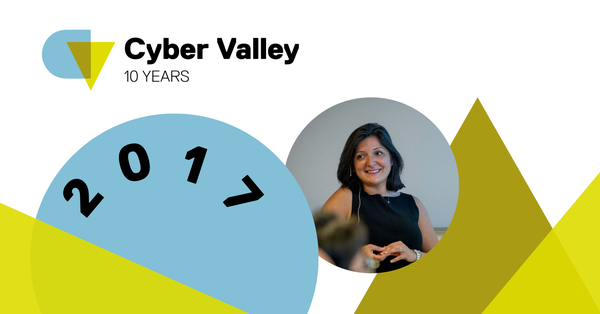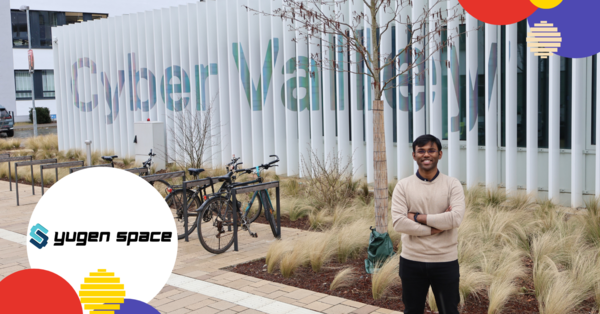Cyber Valley Innovation Campus celebrates the success of nine Excellence Clusters
Groundbreaking Science and Collaboration

Funded by the German federal and state government over a seven-year period, Clusters of Excellence brings together top researchers who focus on innovative topics across science, engineering, the humanities, and social sciences. Through securing excellence status, members of the Cyber Valley Innovation Campus have secured substantial funding to advance their respective research initiatives.
Karlsruhe Institute of Technology (KIT): Two Clusters of Excellence
KIT has achieved success with its proposals for two new Clusters of Excellence, focusing on battery research and 3D designer materials. The research holds promise for significant technological advancements in energy storage and material science.
-
3D Matter Made to Order: An interdisciplinary initiative with the University of Heidelberg, concentrating on three-dimensional additive manufacturing techniques from the molecular level to macroscopic dimensions.
-
Post-Lithium Storage: In collaboration with Ulm University, this Cluster aims to develop new materials and technologies for storing electric energy, focusing on post-lithium technologies.
University of Stuttgart: Cluster Receives Extended Funding
The University of Stuttgart's Cluster of Excellence, "Integrative Computational Design and Construction for Architecture" (IntCDC), has secured funding for an additional seven years. Established in 2019, IntCDC is Germany's first Cluster of Excellence in architecture. The Cluster focuses on sustainable and climate-positive outcomes by leveraging digital technologies to revolutionize architectural design and construction. IntCDC's innovative projects, such as the Wangen Tower and the Hybrid Flax Pavilion, have also brought international acclaim, including the prestigious German Design Awards.
University of Tübingen: Six Clusters of Excellence
The University of Tübingen has been awarded six Clusters of Excellence, which includes the renewal of three existing clusters and three new Clusters. These span neuroscience, microbiology, machine learning, and cultural studies.
-
iFIT – Image-guided and Functionally Instructed Tumor Therapies: Focuses on developing individualized cancer therapies through a unique collaboration of research areas.
-
CMFI – Controlling Microbes to Fight Infections: Aims to understand microbial mechanisms to develop new interventions against pathogens.
-
Machine Learning – New Perspectives for Science: Seeks to integrate machine learning into all aspects of scientific discovery, transforming the scientific approach.
-
GreenRobust – In collaboration with the University of Hohenheim, Heidelberg University, and the Max Planck Institute for Biology in Tübingen, this Cluster focuses on advancing resilience and sustainability in biological systems, tackling environmental and agricultural challenges.
-
HUMAN ORIGINS – In collaboration with the Max Planck Institute for Evolutionary Anthropology and the Senckenberg Centre for Human Evolution and Palaeoenvironment in Tübingen, this Cluster explores the evolutionary history of humankind through cutting-edge research in anthropology and paleoenvironments.
-
TERRA – This research cluster focuses on Earth systems and biodiversity in the context of global change. In collaboration with the University of Hohenheim and the Senckenberg Nature Research Society in Frankfurt, it aims to study ecological dynamics and promote sustainable management of natural resources.
These developments within the Cyber Valley Innovation Campus highlight Germany's investment in research and innovation, positioning its institutions at the forefront of scientific discovery and technological advancement.
Zugehörige Artikel

2017: Training outstanding doctoral students at IMPRS-IS ...

